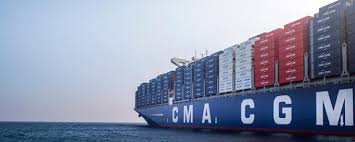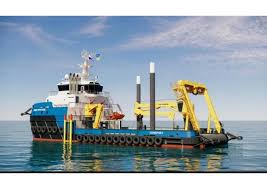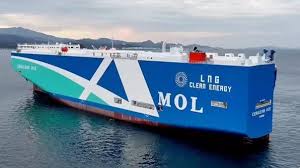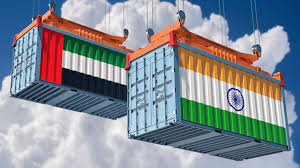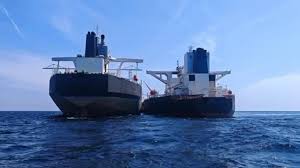India’s MoPSW plans a ₹25,000 crore Maritime Development Fund to boost shipbuilding, aiming for top 10 global status by 2030.
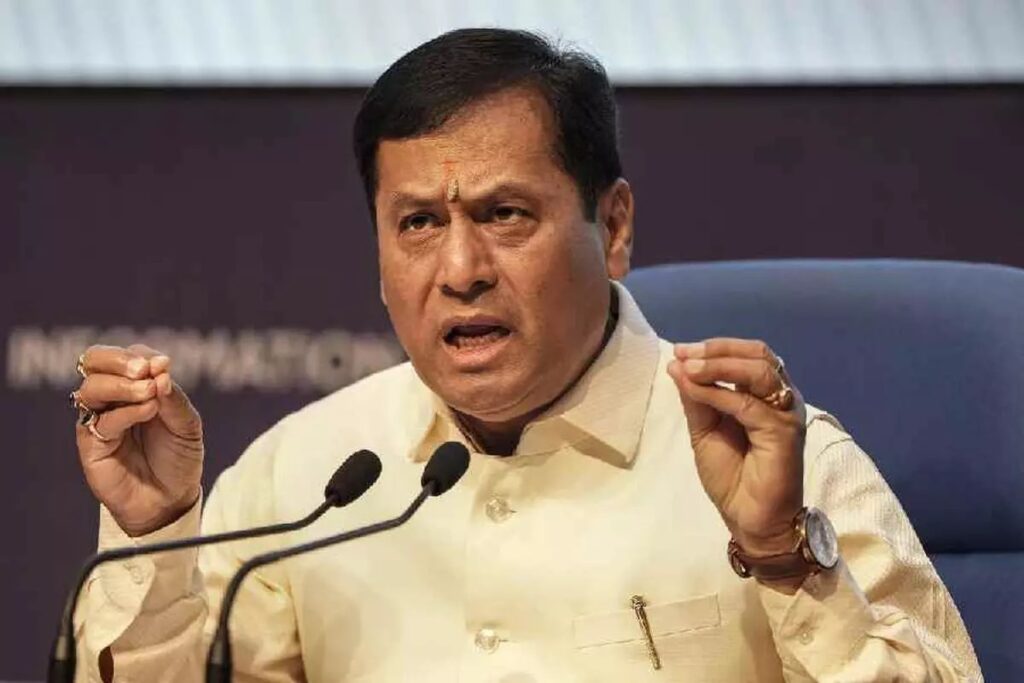
India’s Ministry of Ports, Shipping, and Waterways (MoPSW) is currently in discussions to establish a Maritime Development Fund amounting to ₹25,000 crore, aiming to attract investors such as pension funds, financial institutions, shipping lines, operators, and major state-owned ports. The Hon’ble Minister of Ports, Shipping, and Waterways, Sarbananda Sonowal, announced that a comprehensive shipbuilding policy, including financial assistance schemes to boost ship repair and investment in new shipyards, will be formalised in the coming weeks.
Planned shipbuilding and repair clusters will be established across five states: Gujarat, Maharashtra, Kerala, Andhra Pradesh, and Odisha. The policy will also seek to double incentives for using green-fuel or hybrid fuel options. Sonowal stated, “There are inter-ministerial discussions ongoing, and we are finalising the contours of the shipbuilding policy and maritime development fund details. Our aim is to push India among the top 10 by 2030 and in the top five by 2047 in terms of shipbuilding.”
Senior ministry officials revealed that both demand and supply interventions are being explored. A Shipbuilding Finance Assistance program will enable shipyards to deliver ships at competitive rates, with subsidies provided. On the demand side, the Maritime Development Fund will offer equity to facilitate a model involving Special Purpose Vehicles (SPVs) among producers, consumers, operators, and builders, potentially saving $75-80 billion in annual leasing costs.
Funding options continue to be explored, with participants expected to have equity control in what is anticipated to be a profitable venture. The fund will look at long-term financing covering 25–30 years, aligning with the typical lifespan of a vessel.
India’s fleet currently comprises 1,526 vessels with a gross tonnage of 14 million as of December 2023, though approximately 44% of these are over 20 years old. According to Sonowal, the container handling capacity at India’s major ports is set to double to 40 million TEUs within the next five years, driven by developments like the upcoming Vadhvan port near Mumbai (11 million TEUs) and the Tuticorin International Container Terminal (2 million TEUs).
Additionally, the Hon’ble Minister highlighted that by the end of this fiscal year, the Jawaharlal Nehru Port Authority (JNPA) will handle 10 million TEUs of container cargo traffic, with further increases expected from the Galathea Bay port off Andaman.
In light of World Maritime Day on September 26, 2024, Smitha Shetty, Regional Director, APAC, Achilles Information, stated, “On this World Maritime Day, we emphasize the need for a safe, sustainable, and green maritime sector. With maritime transport accounting for 95% of India’s external trade, our extensive coastline and ports are vital to economic growth. The Maritime Amrit Kaal Vision 2047 sets a bold path for transformation, but it requires international cooperation to address maritime threats—from piracy to emerging risks like drone attacks. Together, we can build a resilient maritime future that not only drives trade but also safeguards our oceans and communities. At Achilles, we are proud to foster a culture of safety and supply chain resilience through our Maritime Network, empowering shipping companies to prioritize their most valuable asset: their workforce. By prioritizing safety protocols and collaborative efforts, we can safeguard our oceans, protect maritime workers, and ensure that future generations inherit a resilient and thriving maritime industry. Together, we can create a sustainable framework that fosters trust, innovation, and security on the high seas.”






